Fitness Tracker Buying Guide: Features to Consider
In today’s fast-paced world, where health and fitness take center stage, choosing the right fitness tracker can significantly impact your journey towards a healthier lifestyle. These wearable devices have evolved beyond simple step counters to sophisticated gadgets that monitor a wide range of metrics, providing valuable insights into your daily activities and overall well-being. This comprehensive guide will walk you through the essential features to consider when purchasing a fitness tracker, ensuring you make an informed decision tailored to your needs.
Introduction to Fitness Trackers
Fitness trackers, also known as activity trackers or fitness bands, are wearable devices designed to monitor and track fitness-related metrics such as steps taken, distance traveled, calories burned, and even sleep patterns. Initially popular among fitness enthusiasts and athletes, these devices have gained widespread popularity among individuals looking to lead a healthier lifestyle.
Importance of Choosing the Right Fitness Tracker
The choice of a fitness tracker can significantly impact your fitness goals and motivation levels. By accurately monitoring your activities and providing real-time feedback, these devices can inspire you to stay active and make healthier choices throughout the day.
Key Features Overview
Activity Tracking
One of the fundamental features of any fitness tracker is its ability to monitor daily activities. Whether you’re walking, running, or cycling, these devices track metrics like steps taken and distance covered. Advanced models may also include GPS integration, providing precise location data during outdoor activities.
Heart Rate Monitoring
Accurate heart rate monitoring is crucial for assessing your cardiovascular health and optimizing workouts. Modern fitness trackers use optical sensors to measure heart rate continuously throughout the day, offering insights into your resting heart rate and how it fluctuates during exercise.
Design and Comfort
Since you’ll be wearing your fitness tracker all day, comfort is paramount. Consider factors such as wristband materials—silicone, leather, or metal—and the display’s readability in various lighting conditions. Customizable bands and watch faces add a personal touch.

Advanced Features
Sleep Tracking
Quality sleep is essential for overall health and well-being. Fitness trackers with sleep tracking capabilities monitor your sleep patterns, including stages like light, deep, and REM sleep. This data helps you understand your sleep quality and make adjustments for better rest.
Waterproofing and Durability
For swimmers and outdoor enthusiasts, waterproofing and durability are crucial considerations. Ensure your tracker is water-resistant or waterproof, allowing you to wear it while swimming or even in the shower without worry. Additionally, assess its durability and warranty coverage for longevity.
Compatibility and Connectivity
Smartphone Integration
Most fitness trackers sync with companion apps on your smartphone, providing a seamless experience for data storage and analysis. Ensure compatibility with your device’s operating system (iOS or Android) and check for additional features like call notifications and message alerts.
Battery Life and Charging
Long battery life ensures uninterrupted usage, especially for devices that track sleep and require continuous heart rate monitoring. Evaluate battery longevity—typically ranging from a few days to several weeks—and consider the ease of charging methods, whether via USB cable or proprietary dock.
Health and Fitness Insights
Data Analysis and Reporting
Beyond tracking metrics, top-tier fitness trackers analyze data to provide actionable insights into your health and fitness trends. Look for features like personalized recommendations based on your activity levels, helping you set and achieve realistic goals.
User Interface and Ease of Use
Navigation and Controls
A user-friendly interface is essential for hassle-free operation. Choose between touchscreen or button controls based on your preference. Intuitive navigation ensures quick access to metrics and settings without complexity.
Brand Reputation and Customer Support
Reviews and Ratings
Before purchasing a fitness tracker, read consumer reviews and ratings to gauge user satisfaction and reliability. Additionally, consider the brand’s reputation for product quality and customer service responsiveness, ensuring peace of mind post-purchase.
Budget Considerations
Pricing Tiers and Value
Fitness trackers come in various price ranges, from budget-friendly options to premium models with advanced features. Assess your budget against desired features and prioritize value over cost alone. Consider long-term benefits such as health improvements and durability.
Buying Tips
Assessing Personal Needs
Identify your specific fitness goals and lifestyle requirements before choosing a tracker. Whether you’re a runner, swimmer, or simply aiming to increase daily activity, select a device that aligns with your needs for accurate tracking and motivation.
Comparison Guide
Side-by-Side Comparison
Create a comparison chart or table listing key features of different trackers. Highlight metrics like battery life, waterproofing, and additional functionalities to facilitate an informed decision-making process.
FAQs
What are the most important features to consider when buying a fitness tracker?
When buying a fitness tracker, prioritize features such as accurate activity tracking, continuous heart rate monitoring, sleep tracking capabilities, and compatibility with your smartphone.
How accurate are fitness trackers in measuring heart rate?
Modern fitness trackers use advanced optical sensors for heart rate monitoring, providing accurate readings during daily activities and workouts. However, accuracy may vary based on device quality and placement on the wrist.
Can fitness trackers help in weight loss?
Fitness trackers can aid weight loss efforts by monitoring calorie expenditure, encouraging physical activity, and promoting healthier habits. However, consistent use and integration with a balanced diet are essential for sustainable weight management.
How do I know which fitness tracker is right for my specific sport or activity?
Choose a fitness tracker tailored to your preferred activities—whether running, swimming, or cycling. Look for specialized features like GPS tracking for runners or waterproofing for swimmers to enhance performance monitoring.
Are there any privacy concerns associated with using fitness trackers?
Privacy concerns may arise from data collection practices and sharing personal health information. Opt for trackers from reputable brands with transparent privacy policies and control settings to manage data sharing preferences.
Conclusion
Choosing the best fitness tracker requires careful consideration of features tailored to your lifestyle and fitness goals. From activity tracking and heart rate monitoring to advanced sleep analysis and smartphone integration, the right device can motivate you to achieve optimal health and well-being. By prioritizing comfort, accuracy, and usability, you’ll make an informed decision that enhances your fitness journey.



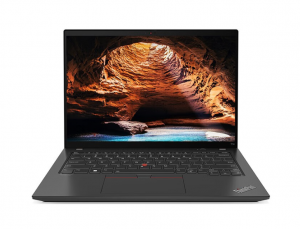
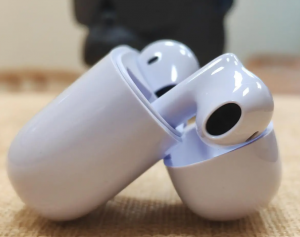
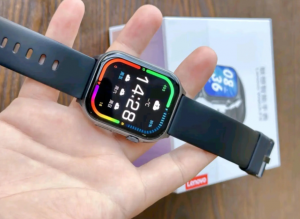

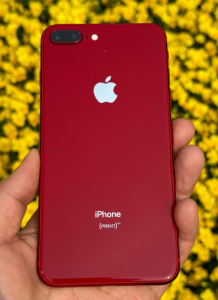
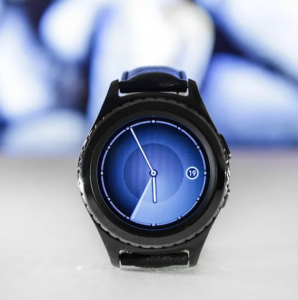

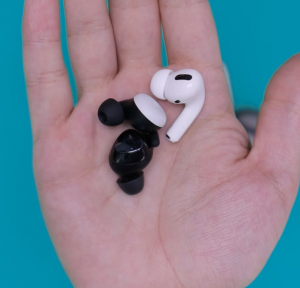


Post Comment